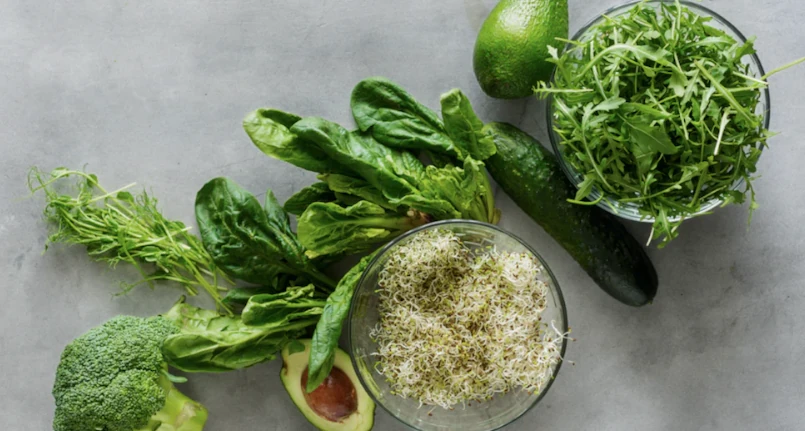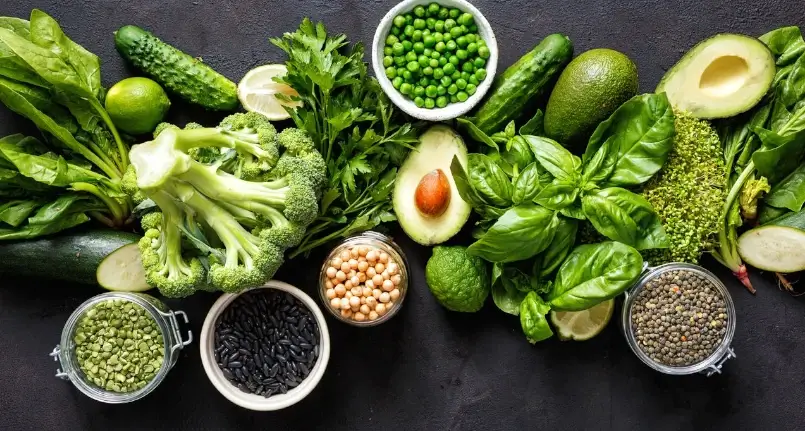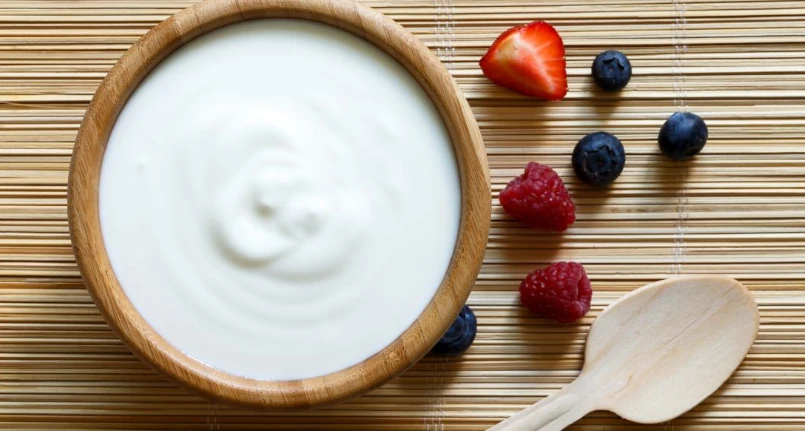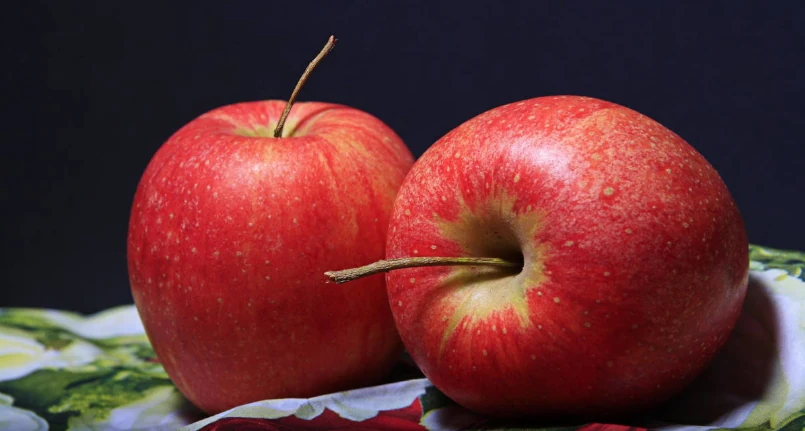Liver poisoning
The liver is an organ that performs most of the body’s metabolic functions. The abuse of medicines and an unsuitable diet can intoxicate it and cause unwanted symptoms and imbalances; in the long term, hepatic intoxication can give rise to the pathogenesis of even serious diseases, such as hepatic insufficiency and hepatocellular carcinoma .
Detox diet
The nutritional aspects that negatively affect liver health are linked to the quality, quantity and composition of foods; the excess of saturated fats , carbohydrates (especially simple and refined), ethyl alcohol or the overall caloric excess determine the enlarged liver due to fatty steatosis . To detoxify the liver with food, it is first of all necessary to guarantee:
- Adequacy of energy intake
- Reducing alcohol and alcoholic beverage consumption portions
- Percentage of lipids that should be around 30% of total calories
- Good quality lipids and low cholesterol intake
- Overall percentage of carbohydrates and in particular of simple carbohydrates which must not exceed 55-60% of total calories
- Intake of simple refined carbohydrates equal to or less than 12%
- Reduced load and glycemic index of meals
Do not contribute to detoxify the liver: food additives , excess protein and abuse of added fructose . These components do not significantly affect the pathogenesis of fatty steatosis , but are still responsible for other hepatic overload mechanisms.
In case of intense suffering of the organ it is advisable to undertake a low-calorie diet , characterized by the consumption of frequent and reduced meals, free of ethyl alcohol, with a prevalence of mono and polyunsaturated fats (25-30% of total calories), with a modest load and reduced glycemic index, which completely eliminates foods containing refined sugars and junk foods . In the most important cases, hypoallergenic therapies based on rice proteins
were tested for a total duration of 10 weeks; the results on the target organ are good but, obviously, a similar dietary behavior cannot be continued further due to the lack of many nutritional principles. Also noteworthy is the therapy proposed by Dr. Jeffry Bland based on a diet low in toxins, rich in n-acetyl-cysteine (NAC – anti-free radical) and favoring the endogenous synthesis of glutathione ( endogenous antioxidant deriving from Niacin ).
Detox Supplements
If necessary, detoxifying the liver by radically changing the diet is essential; unfortunately, when the cause of hepatic impairment derives from pharmacological abuse, an alteration of the enzyme function and impairment of specific cellular integrity can occur. The enzymes involved are:
- Bioactivation enzymes that catalyze the reactions of redox, reduction and hydrolysis
- Detoxification enzymes that catalyze conjugation reactions
In this case, to detoxify the liver, in addition to suspending drug therapy (if possible), it could be useful to assist liver healing by optimizing nutrition through the use of certain food supplements .
Drugs with a hepatotoxic action act by promoting the synthesis of intrinsic hepatotoxins, but above all by supplying extrinsic hepatotoxins: electrophilic metabolites and free radicals . Liver detoxification can therefore be facilitated by consuming antioxidant-rich foods or supplements .
The most used foods and supplements recommended in liver detoxification are:
- green tea and artichokes , thanks to the high polyphenol content ,
- milk thistle , containing silymarin (silybin + silydianin + silycristin), which increases the activity of the ribosome RNA through the nucleolar polymerase A with a regenerative effect.




